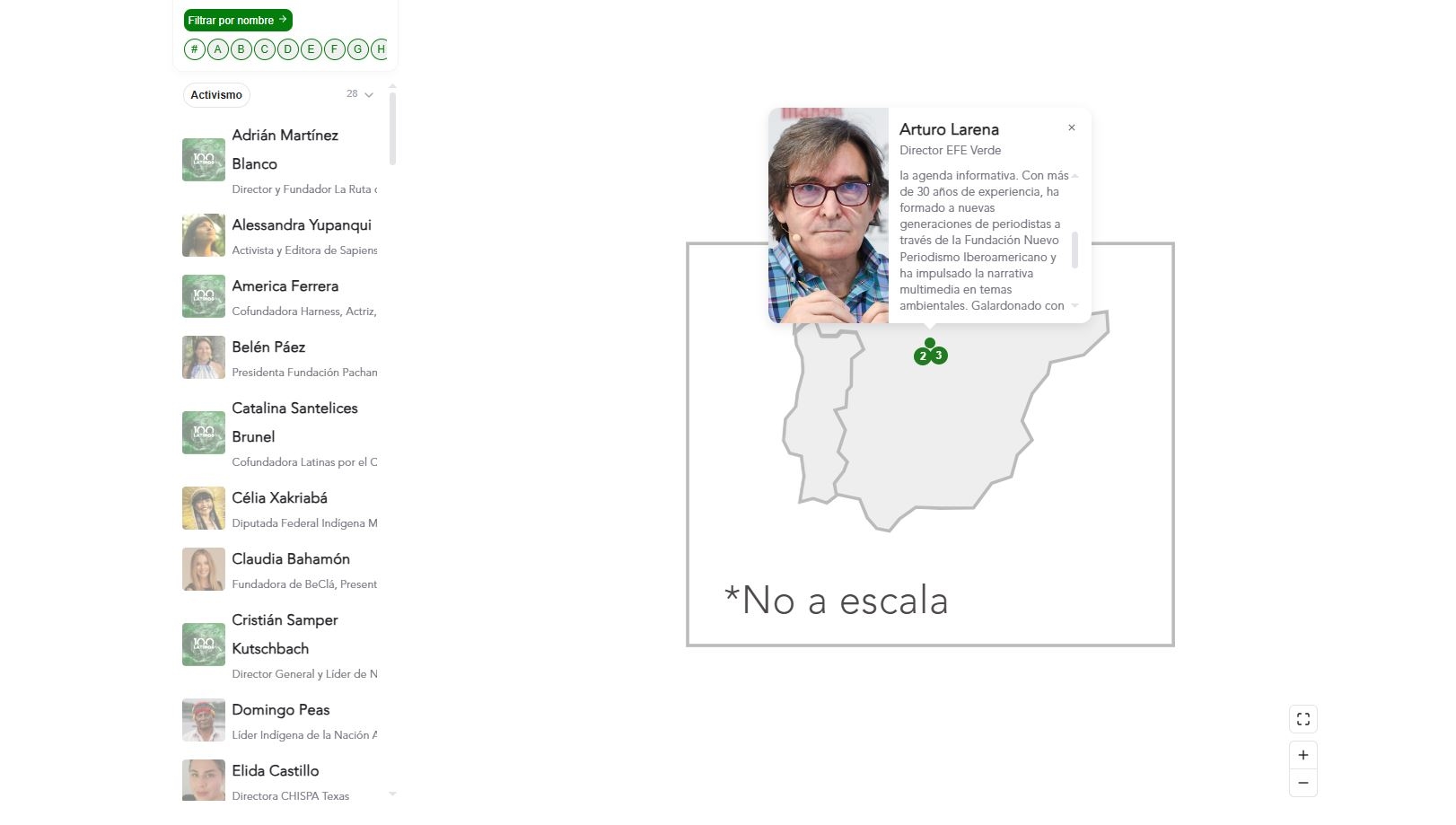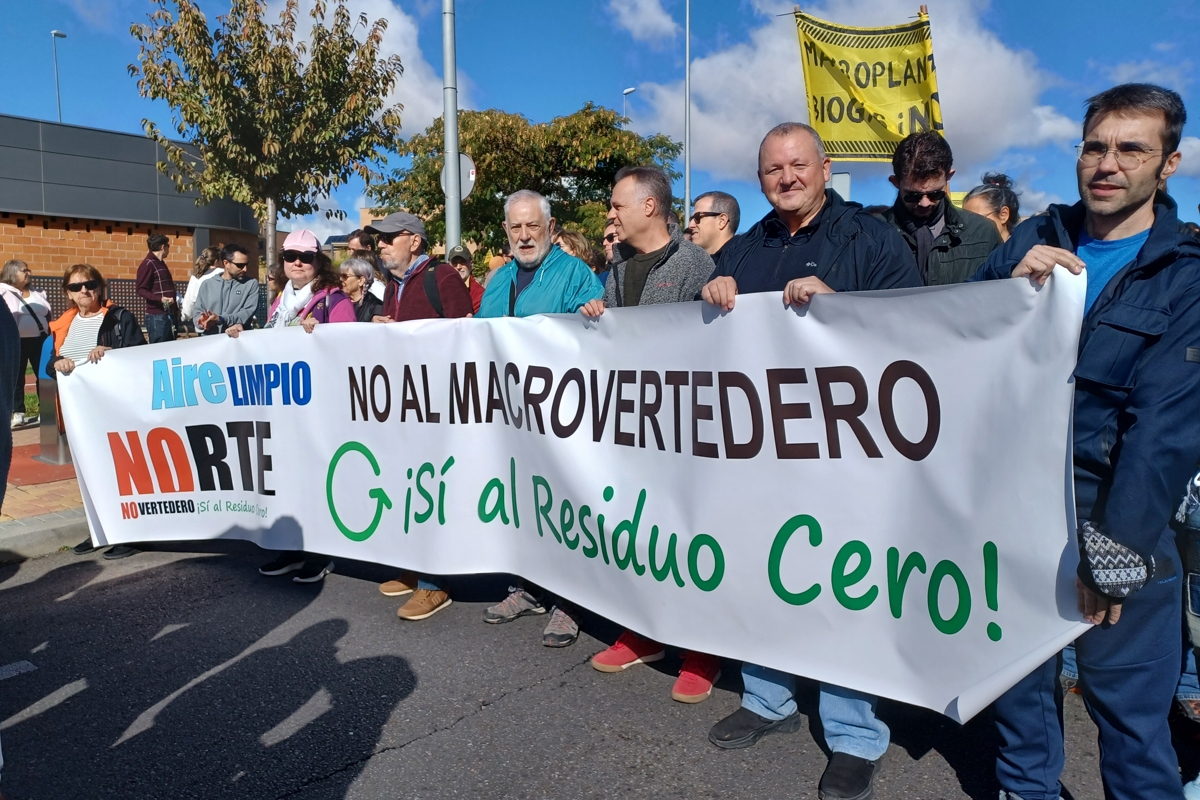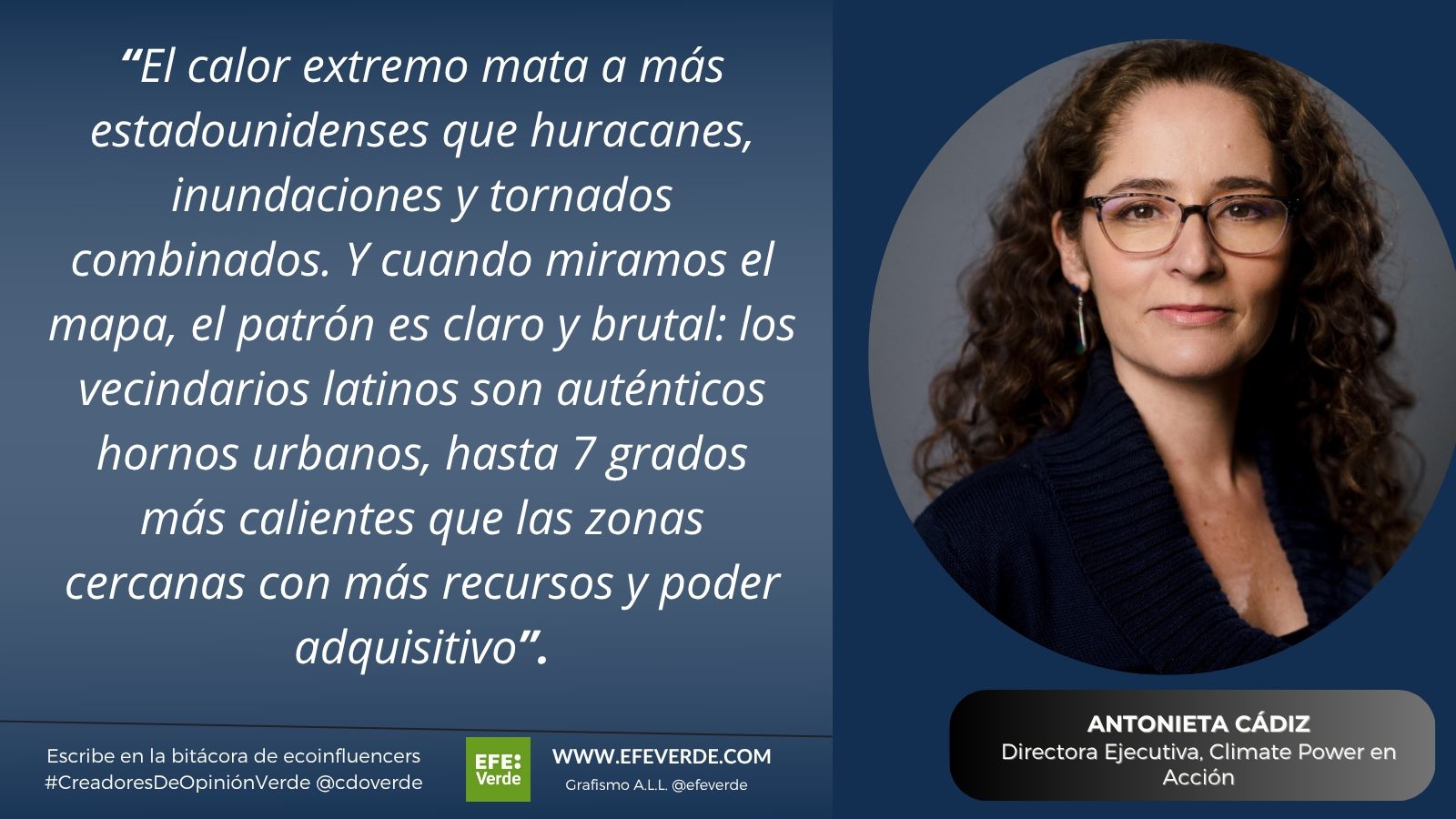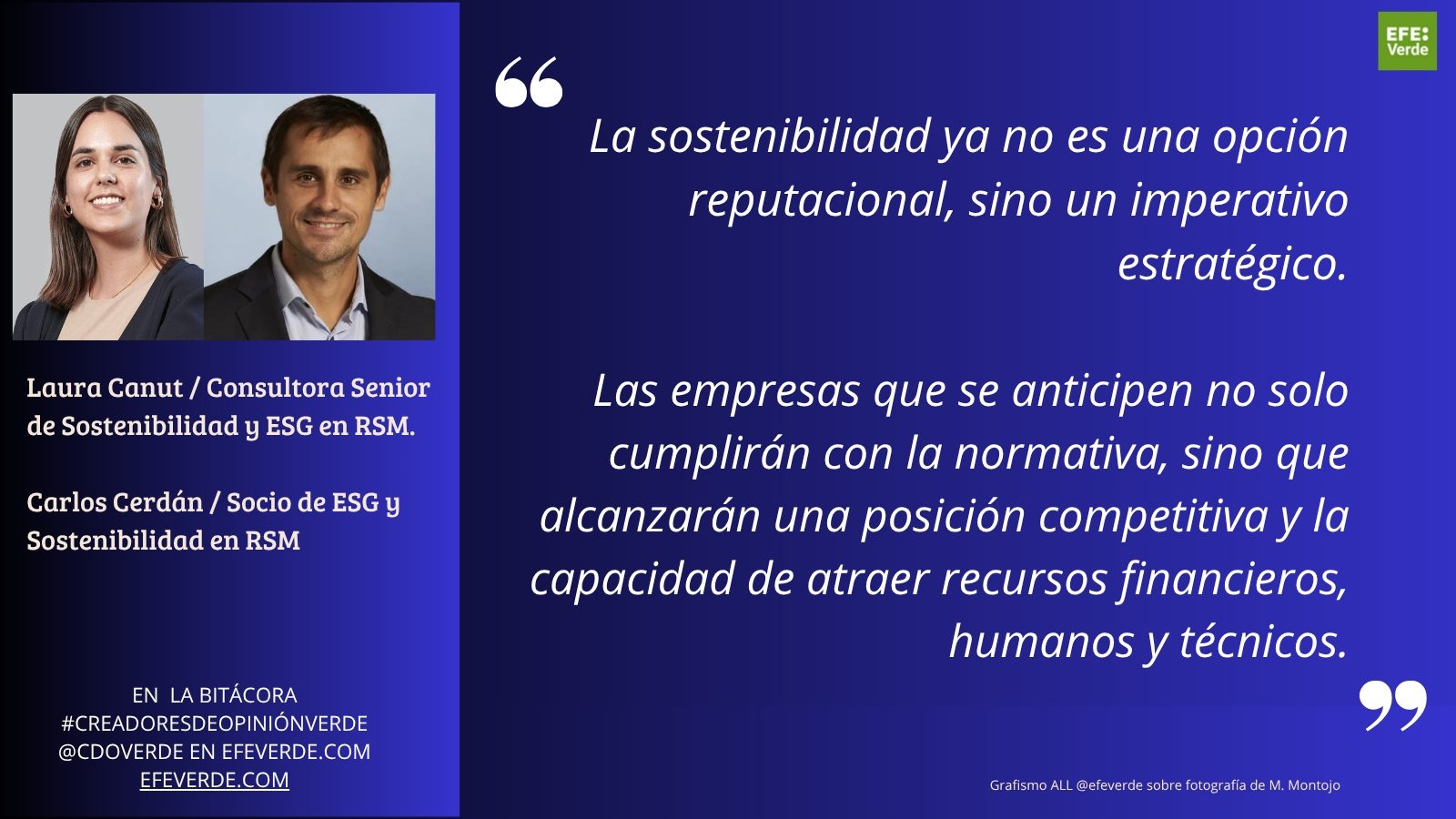Spanish companies facing the CSRD: ready for the sustainability test? By Laura Canut Tomàs and Carlos Cerdán-Infantes (RSM)
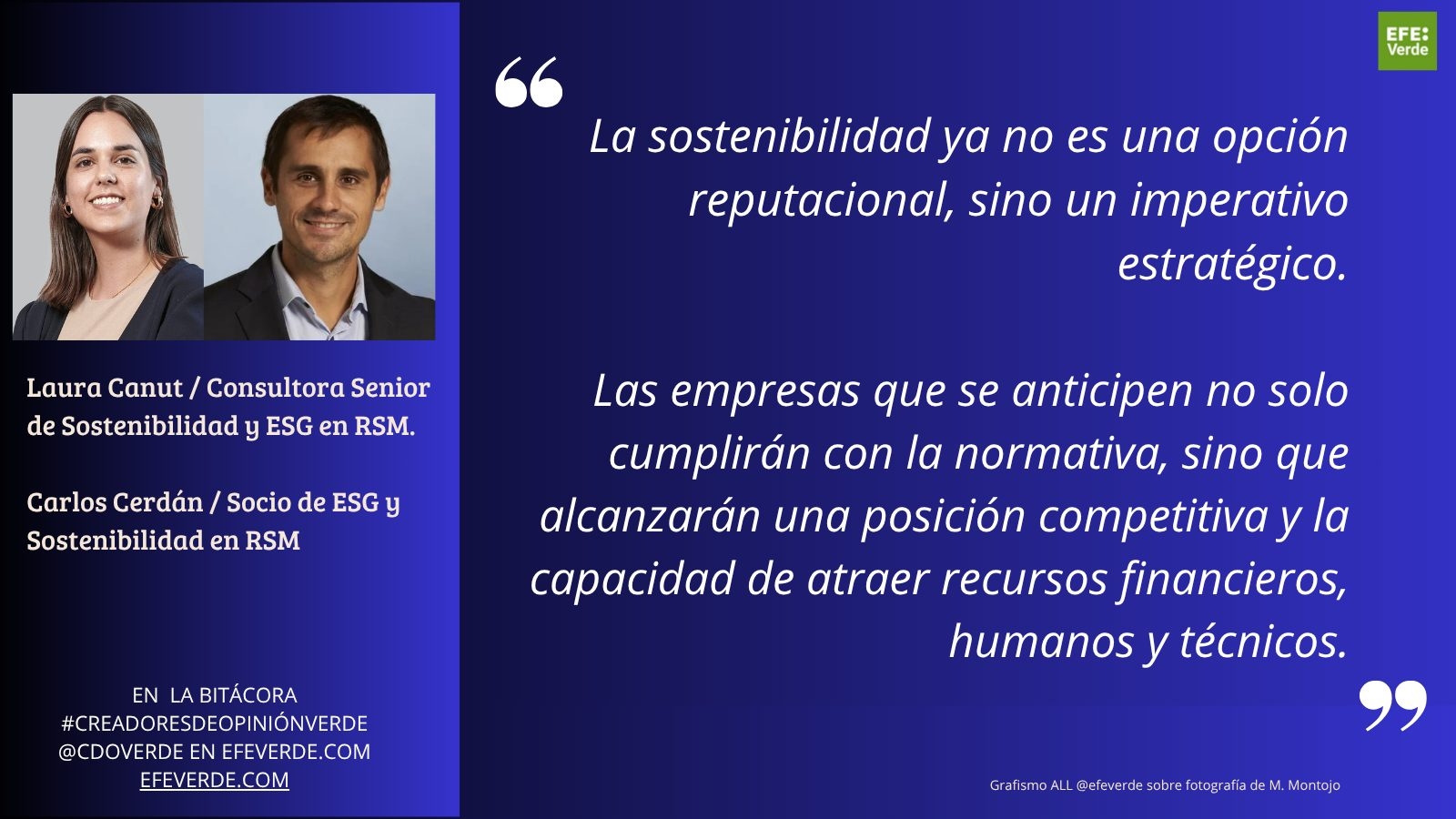
By Laura Canut Tomàs and Carlos Cerdán-Infantes
The entry into force of the Corporate Sustainability Reporting Directive (CSRD) marks a turning point in the way European and Spanish companies must report their environmental, social, and governance (ESG) performance, equating it to financial reporting.
But is Spanish business really prepared for this test?

The CSRD is based on the European Sustainability Reporting Standards (ESRS), developed by EFRAG. Following the first exercise, the European Commission, due to the geopolitical situation and the difficulties observed, requested an urgent review to reduce the administrative burden without compromising the quality of the report.
In response, EFRAG has proposed simplifications that will reduce mandatory data points, although Spanish companies must make progress in sustainability management and reporting to comply with regulatory requirements.
Although the revised versions are still under public comment, final decisions are expected by the end of 2025.
Uneven progress according to size and resourcesThe degree of progress varies depending on the size, resources, and maturity of each organization. The most prepared have addressed dual materiality assessments with varying degrees of success.
The challenge lies in integrating sustainability into their information systems and forming teams capable of responding to the various regulatory interpretations and associated standards.
The main obstacles detected are clear.
- The availability and quality of ESG data is a first barrier.
- Added to this is the complexity of value chains, which makes traceability of impacts difficult.
- There is also a lack of specialized professionals who can translate regulatory requirements into daily practice.
- Another key challenge is technological adaptation, which requires investment in advanced systems.
- Finally, tight deadlines make orderly planning of this process difficult.

Despite this, many companies are taking a proactive approach and see CSRD as an opportunity to develop a strategy that responds not only to the needs of shareholders and investors, but also to the expectations of other stakeholders.
Sustainability as a strategic opportunityThe CSRD should not be understood solely as a legal obligation. It is an opportunity to transform the business model from a sustainable perspective.
Companies that manage to integrate sustainability into their strategy will be able to improve risk management, strengthen relationships with stakeholders, and access new sources of financing.
Furthermore, the reporting process can become a tool for internal transformation by fostering cross-departmental collaboration, process digitization, and decision-making.
According to the Forética 2024 Report, Spanish companies are facing a new phase in sustainability management, marked by the need to move from commitments to results.
Citizens, markets, and regulators are demanding concrete evidence of ESG performance, which requires integrating sustainability across the business model.
Among the main challenges is the need to demonstrate real impact. It is no longer enough to communicate intentions: companies must set measurable objectives aligned with standards and report progress transparently.
Another challenge is cross-functional management, as sustainability must be present in all areas, from operational teams to governing bodies, as part of a shared corporate culture.
Regulatory adaptation is equally essential. The European regulatory environment, led by the CSRD and the ESRS, demands agile and strategic transformation, and companies must anticipate it to avoid legal and reputational risks.
Finally, strengthening connections with society is key. In a context of increased skepticism, companies must consolidate their role as agents of change capable of responding to challenges such as climate change, biodiversity loss, and social inequality.
Currently, and based on publicly available information, the primary need is to conduct a dual materiality analysis in accordance with international guidelines.
This analysis would lay the groundwork for the report, integrate sustainability into the business model, and establish systems for collecting and monitoring data.
Tools supported by artificial intelligence or other similar systems can respond to this need with rigor and efficiency.
Reviewing ESRS can facilitate this process, especially for SMEs and organizations with limited resources, by allowing for a more strategic and less bureaucratic approach.
Deep transformationUltimately, CSRD requires a profound transformation that goes beyond compliance. It involves redesigning processes, investing in technology, building teams, and rethinking business strategy from a sustainable perspective.
At RSM Spain, we believe this process can be a lever for positive change.
Sustainability is no longer a reputational option, but a strategic imperative.

Companies that anticipate the situation will not only comply with regulations, but will also achieve a competitive position and the ability to attract financial, human, material, and technical resources.
Laura Canut Tomàs is a Senior Sustainability and ESG Consultant at RSM.
Carlos Cerdán-Infantes is a partner in ESG and Sustainability at RSM.

Green Opinion Makers #CDO is a collective blog coordinated by Arturo Larena , director of EFEverde
This column may be freely reproduced, citing its authors and EFEverde.
Other Green Opinion Makers (#CDO) forums
This "green influencer" blog has been a finalist in the 2023 Orange Journalism and Sustainability Awards in the "new formats" category.
efeverde


